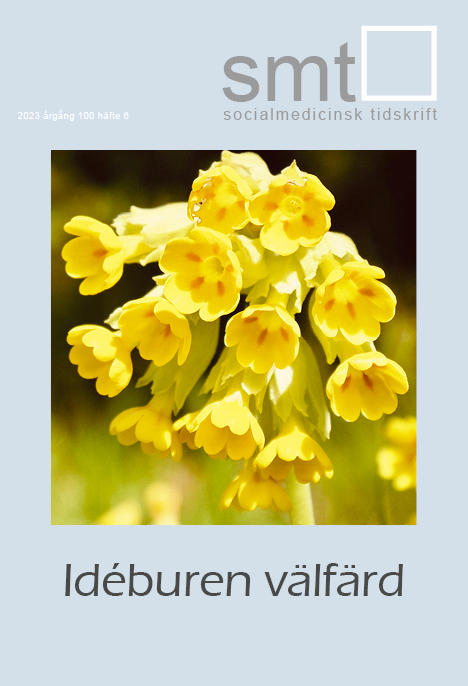Abstract
Over the last decade, IOPs – a framework for collaboration between municipalities and NGOs – have become a common way of organizing certain welfare services. One area where this institutional arrangement was used early on was in relation to EU/EEA citizens without right of residence. Here, IOPs have provided a “third-way” between a generous and restrictive interpretation of the target group’s social rights. The purpose of this article is to highlight, through interviews with representatives of NGOs, a field of problems related to IOPs. The article is based on case descriptions of IOPs in three municipalities - Gothenburg, Lund and Malmö. Based on these, we argue that IOPs entail a significant volatility in that IOP form establishes a precarious institutional status for certain forms of social work, making these increasingly dependent on local power relations and developments.

This work is licensed under a Creative Commons Attribution-NonCommercial 3.0 Unported License.
Copyright (c) 2024 Erik Hansson, Maria Persdotter
